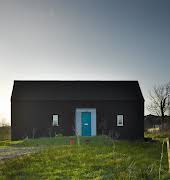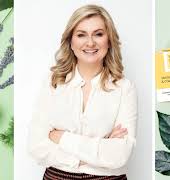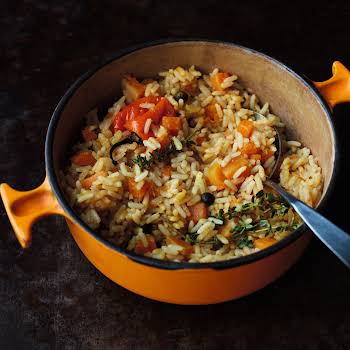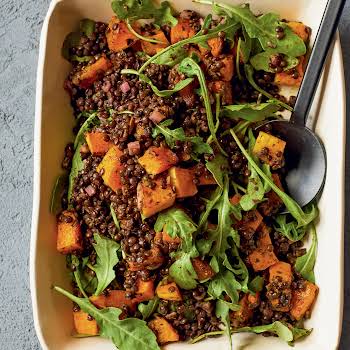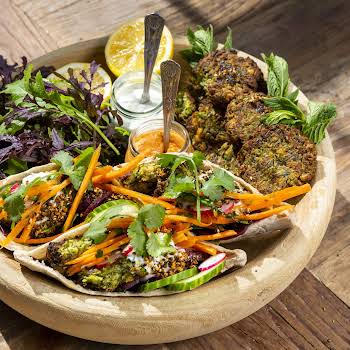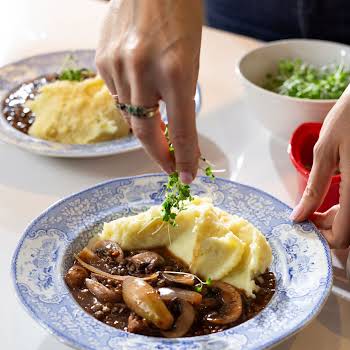By Hannah Hillyer
23rd Aug 2019
23rd Aug 2019
With so many of us making real efforts to be more sustainable in our everyday lives, back to school can be a tricky time to keep up with your eco credentials
Back-to-school season is often fueled by consumerism, as there is so much on the list to buy before September. New books, new pencil-cases, markers, folders, notepads…the list goes on.
If you’re trying to run a more environmentally friendly household it can be particularly difficult as the school year starts again, as we are obliged to buy so much.
Related: 10 easy switches you can
make to live a more sustainable life
While we don’t have all the solutions to the back-to-school newness (copies, uniforms, socks, etc. are always going to be essential), there are some small changes you can make to be more sustainable.
Washing school uniforms
I still remember the agonised look on my mother’s face every Sunday when she’d look at the laundry basket overflowing with school skirts, jumpers and shirts.
Uniforms are usually dark in colour, so they don’t stain easily, and with shirts being worn under jumpers during the week, they only require a quick freshen up in the machine. Stick to short washes – about 30 minutes will do the trick.
Washing clothes on a 30-degree cycle is both good for the environment and good for the longevity of your garments. Switch to an eco-detergent like Ecover (which contains no enzymes, no fragrance and no colour), so you can use without wondering what damage it will do when it makes it’s way back to the oceans and rivers.
And of course, ditch the tumble dryer and air-dry when possible.
Car-pooling
As there are few (if any) decent school-bus systems in Ireland, many parents drive their kids to school if it’s too far for them to walk. Not only does this make for horrendous traffic in the mornings but it also significantly adds to our carbon emissions.
Consider getting a few local, trustworthy parents to start car-pooling; taking turns week on week. One of the only ways we can make impactful changes for the environment is by coming together and doing so as a community, so this is a great place to start.
Say no to tinfoil
Did you know cling-film takes hundreds of years to bio-degrade? And tin-foil, although now recyclable in Ireland, is difficult to do so as it needs to be clean and dry (no leftover mayonnaise or grease). If you can, it is far better to choose something that isn’t single-use and invest in options that can be used again and again.
Beeswax Wraps – Lunch Pack; €15.00 at reuzi.ie
Bees-wax wraps are a brilliant alternative. The waxy texture of these ensures they stick together and they can be easily washed with warm, soapy water. They last roughly a year before they need to go in the bin, and when they do, you can compost them.
Yumbox Classic Lunchbox – Lotus Pink; €28.99 at reuzi.ie
Alternatively, a bento-style lunchbox is zero waste as the divided compartments keep food separated (no need to wrap things individually).
Both of these are available at Reuzi, either online or in their soon-to-open store in Foxrock. As well as a fantastic selection of eco-friendly and long-lasting products, the new store will soon play host to a variety of different workshops and talks about sustainability at home.
Meat-free Mondays
You can reduce your carbon footprint by up to three quarters, just by removing dairy and meat from your diet.
We already know that a plant-based diet is one of the most positive things you can do to help climate change, but it isn’t for everyone. Instead, try to implement a small change, like a meat-free Monday.
One day a week your household could go meat-free, and if it goes well, you could even look at doing this a couple of nights a week.
Related: Waste not: seed to skin butternut squash pasta
It’s notoriously difficult to get kids eating veggies, so we’re not suggesting you cook them up a massive plate of steamed veg and rice. You may need to experiment with flavours and spices; stir-fries are an especially great meat-free option.
There are plenty of amazing alternatives to meat, or you could just up your intake of green vegetables like broccoli and spinach, which are full of protein.
Header image: unsplash.com
Read more: 10 things we learned from our visit to the recycling centre
Read more: WATCH: Greta Thunberg slams EU leaders for inaction on climate change
Read more: New research finds 90% of bottled water contains micro-plastics

